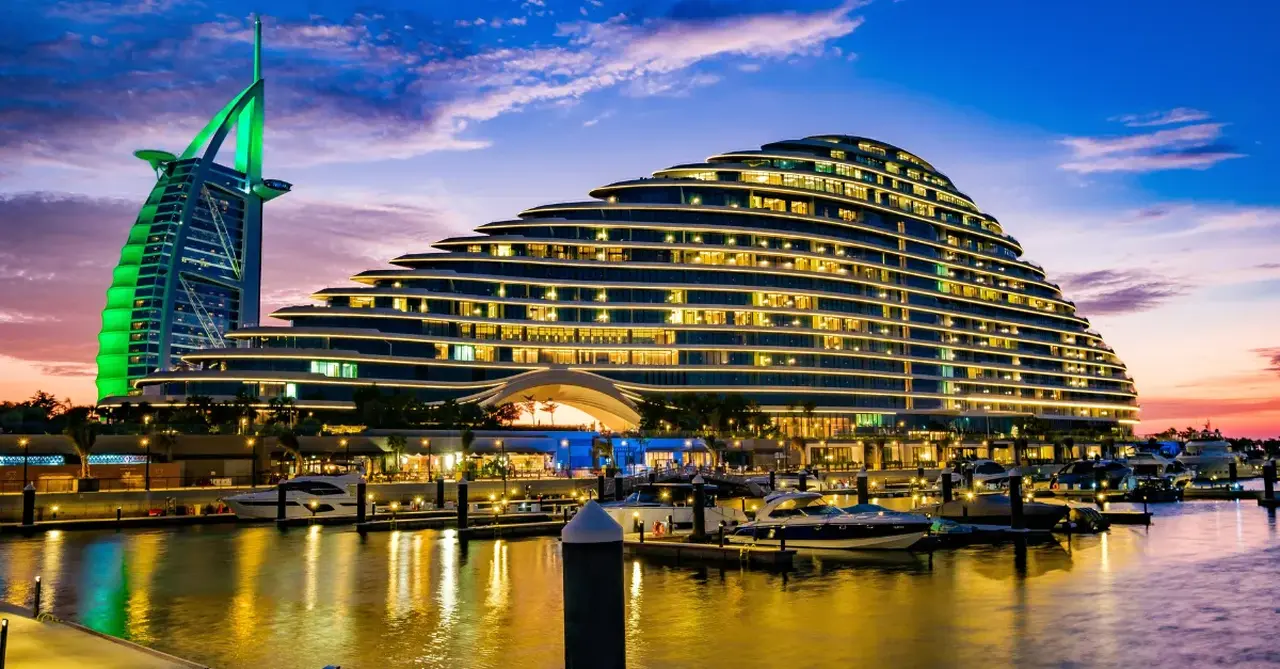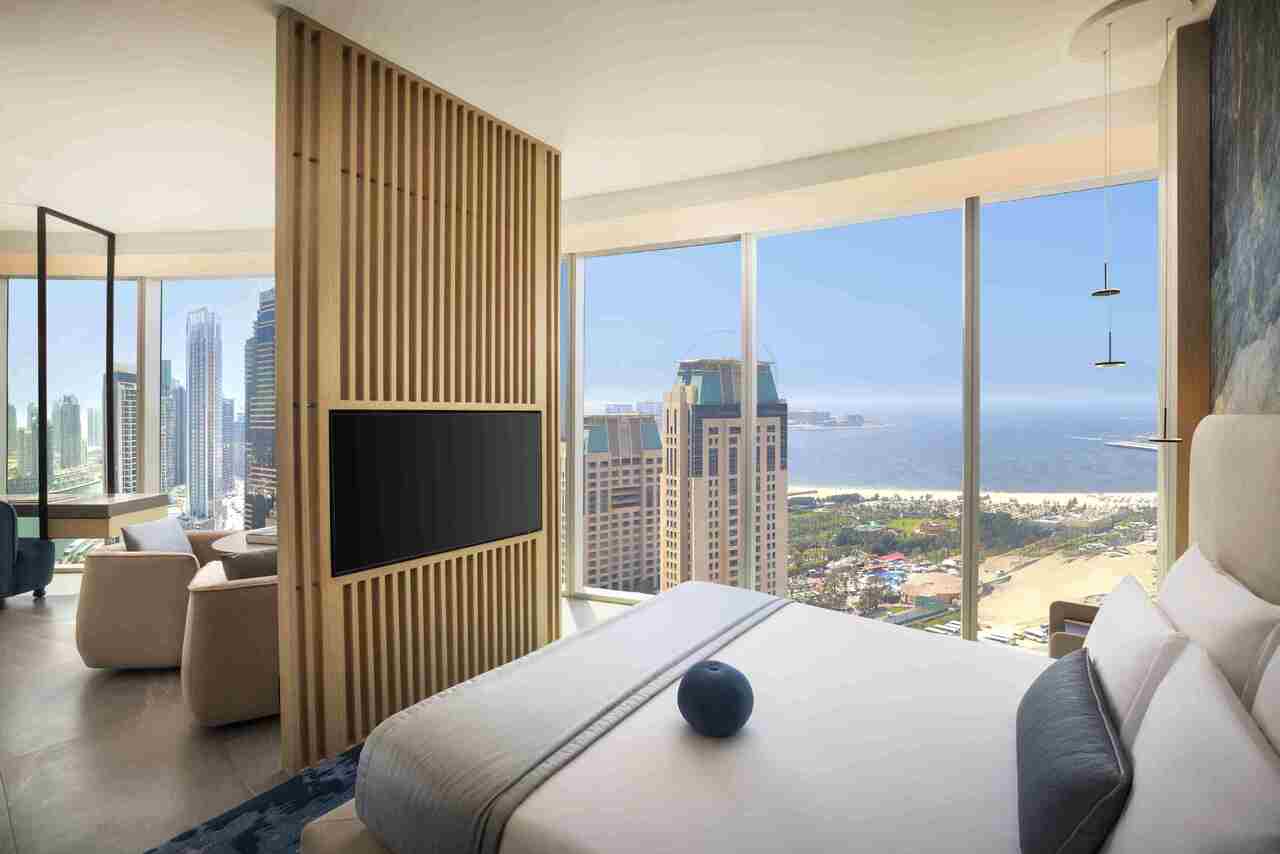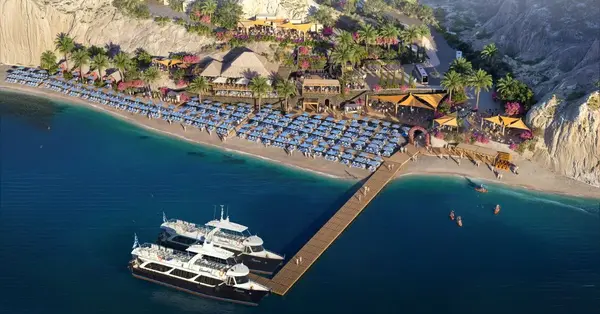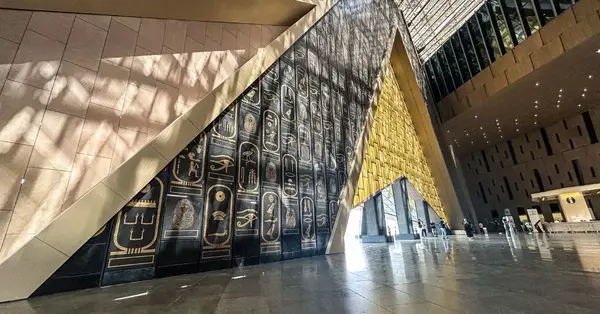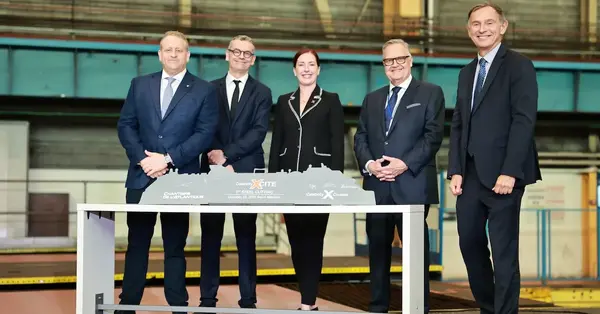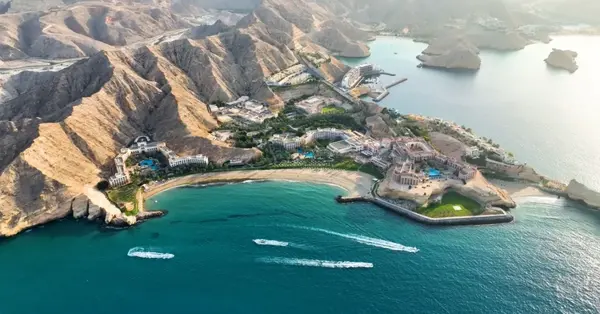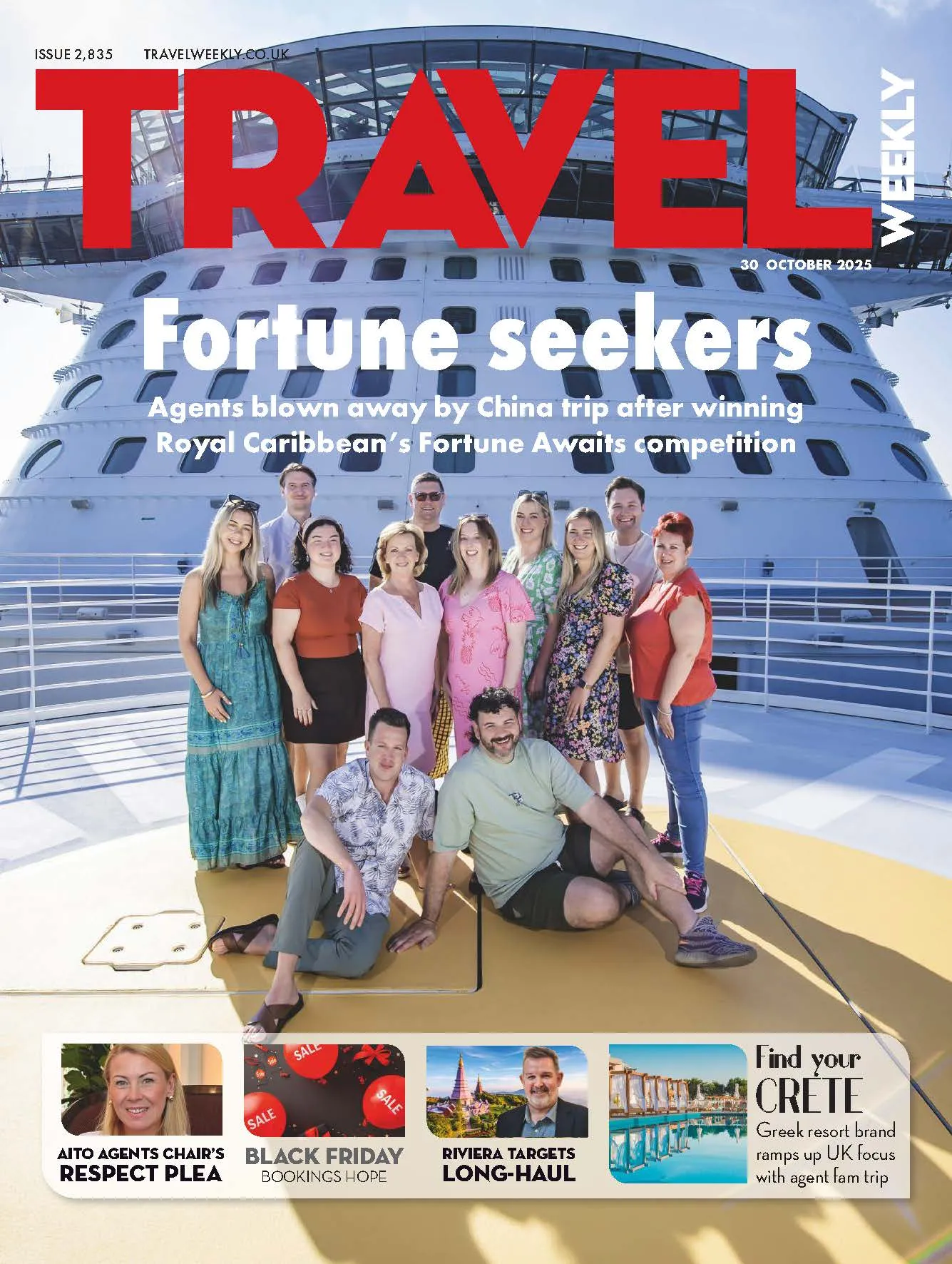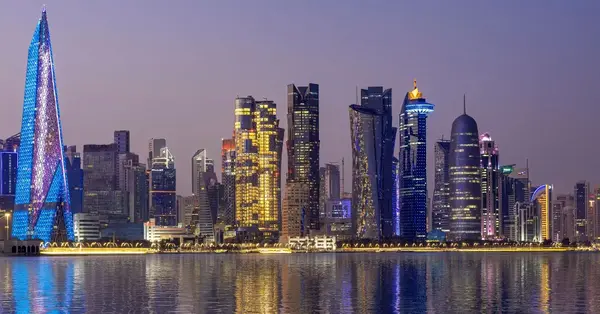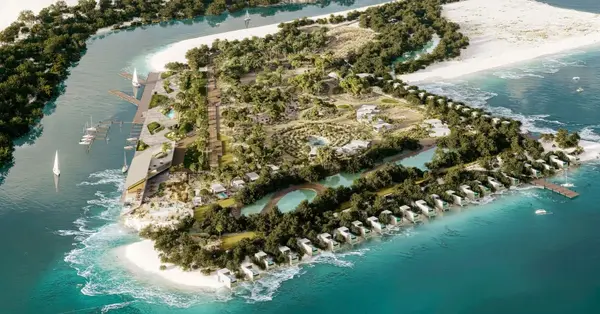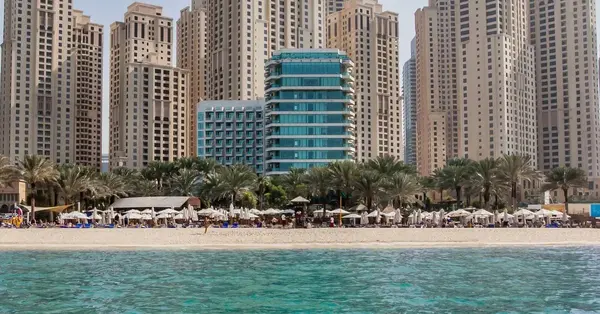You are viewing 1 of your 2 free articles
UAE hotel revenues jump 12% as sector posts record growth
Abu Dhabi leads sector surge with 24% rise in RevPAR, Knight Frank reports
The UAE’s hospitality sector has achieved record double-digit growth, with performance metrics reaching new highs as the market transitions into a more investment-driven phase, according to Knight Frank’s UAE Hospitality Market Review for Autumn 2025.
The report said the country’s hospitality sector is “going from strength to strength”, driven by record visitor arrivals, with the UAE’s average daily rate up 11.9% and revenue per available room rising 12.3% in the 12 months to August 2025.
Average occupancy climbed to a record 78.5%, a four-point rise year-on-year, contributing to a nearly 12% increase in hotel revenues.
Abu Dhabi led performance, registering a 20.2% rise in ADR and a 24% gain in RevPAR, the strongest annual figures recorded for the UAE capital to date.
RELATED:
RAK’s Pullman Resort Al Marjan Island reopens after renovation
Ennismore to open its first lifestyle resort in Ras Al Khaimah
44 GCC hotels awarded Michelin Keys
Dubai followed with a 10.1% RevPAR growth, while fast-developing northern emirate Ras Al Khaimah recorded 10% growth.
Knight Frank said the results showed sustained demand across the emirates amid record tourist arrivals and expanding hotel capacity.
Between January and July 2025, Dubai attracted a record 11.17 million international visitors, a 5.2% year-on-year increase, with the government now forecasting that total arrivals will reach 22 million by the end of 2025, says Faisal Durrani, Partner – Head of Research, MENA at Knight Frank.
On the back of record tourist arrivals across the UAE, hotel supply has also reached new heights.
As of August 2025, there were 212,291 rooms trading nationwide, a record count for operational inventory. The total is expected to rise to 217,853 by the end of the year and 235,674 rooms across 1,184 hotels by 2030, marking the largest pipeline ever recorded.
Upcoming highlights include the 259-key Mandarin Oriental Downtown Dubai, set to open in October, followed by the world’s tallest hotel, Ciel Dubai Marina, in November, bringing more than 1,000 rooms to the city.
Knight Frank notes that development remains heavily weighted toward the higher end of the market, with 43% of upcoming projects classified as luxury. Among existing inventory, just over a quarter (26%) of rooms are upscale, 22% luxury and 21% uper upscale.
Dubai continues to dominate with 165,339 existing and upcoming keys, accounting for more than half (55.9%) of the uAE’s future supply, followed by Abu Dhabi (37,016 keys), Sharjah (14,478) and Ras Al Khaimah (11,902).
According to the report, the UAE’s hotel transaction market is entering a new phase of maturity, particularly in Dubai, where investor focus is shifting from development-led expansion to strategic acquisitions and asset repositioning.
“As the UAE transitions from a development-heavy cycle to a more balanced, investment-led phase, hotel transactions are expected to remain active,” said Oussama El Kadiri, Partner – Head of Hospitality, Tourism & Leisure Advisory, MENA.
For more information, visit knightfrank.ae

